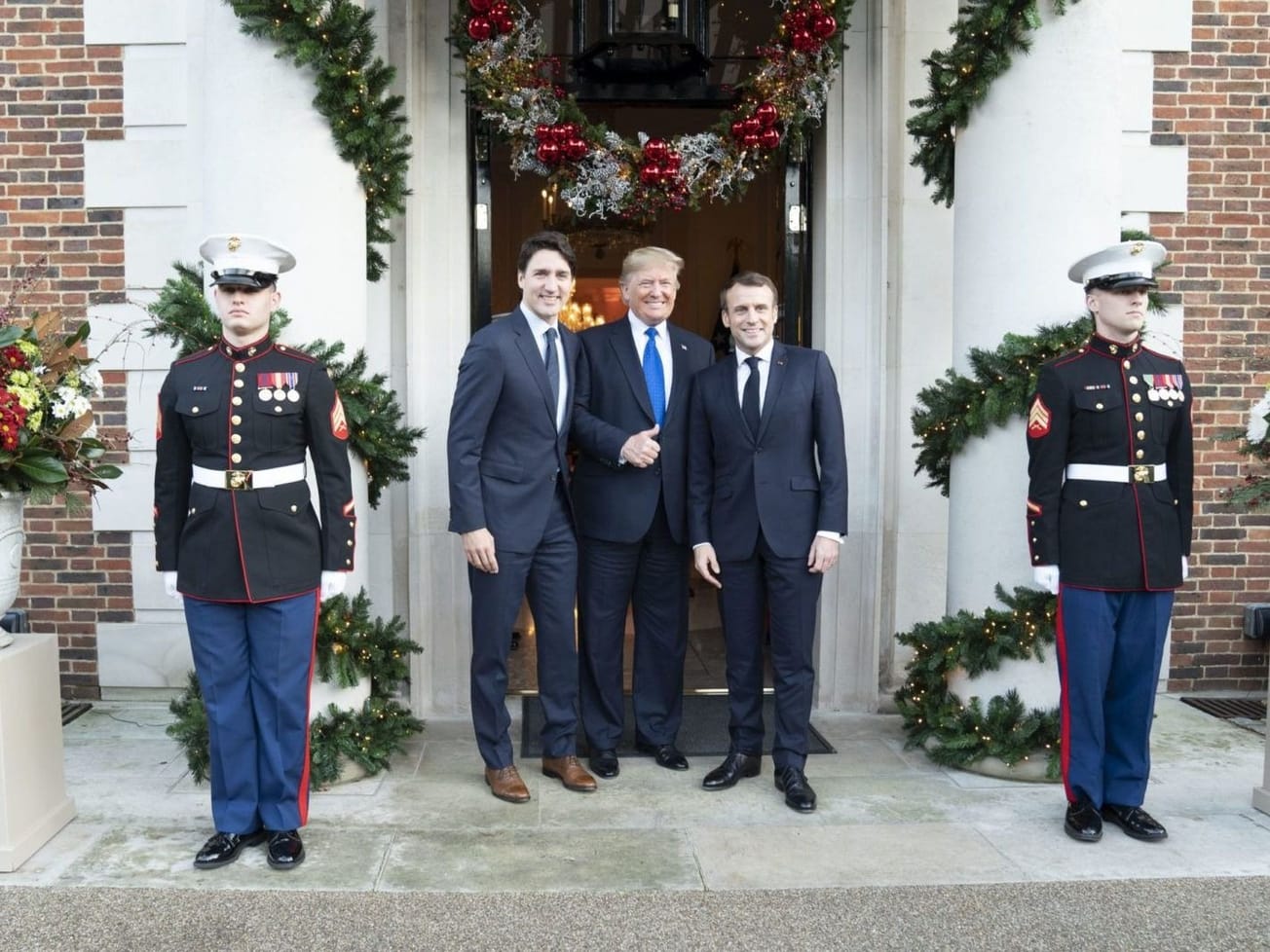U.S. President Donald Trump sowed division with traditional American partners before departing on Wednesday from a NATO summit and leaving it to other leaders to put on a united front, despite tensions over military spending, terrorism and Turkey.
Trump canceled a scheduled news conference at the end of his trip to London for the North Atlantic Treaty Organization’s 70th anniversary meeting, where its secretary general, Jens Stoltenberg, said 29 European and North American leaders discussed Russia and the future of arms control, declared space a new operating domain and for the first time talked about what China's rise means for international security.









